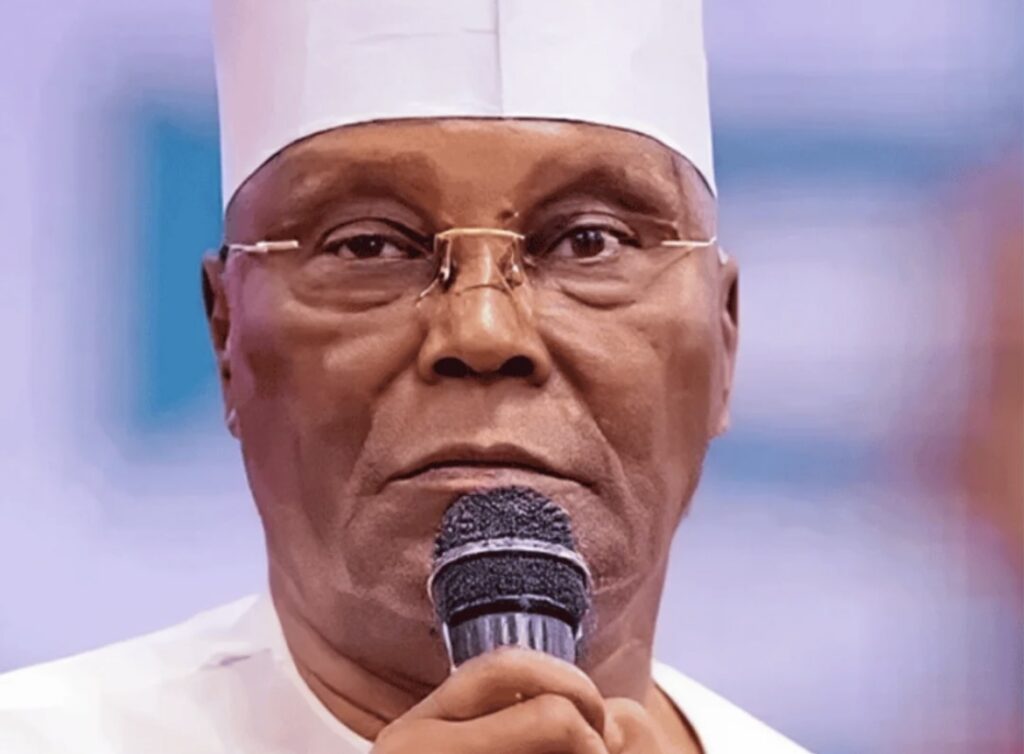History Repeats: 1984 Echoes in 2025

History Repeats: 1984 Echoes in 2025
By BAT Idealogical Group
In 1984, the average Nigerian household faced its own version of economic hardship. Five cups of garri cost just ₦1, school fees hovered around ₦150, and house rent was about ₦250. Yet even then, people complained bitterly that life was hard, that school fees were unaffordable, and that basic food like garri was beyond the reach of some families.
At that time, food prices reflected the same frustrations Nigerians express today. A tin of garri sold for ₦30, a tin of beans went for ₦50, and rice was priced between ₦65 and ₦70 per tin.
Three medium-sized yam tubers cost ₦3.50. But if farmers in Oyo were producing in abundance, why were food items still so expensive even compared with other markets within the state?
When the Alaafin of Oyo, Oba Bade Emi III, was asked this question after addressing farmers in his palace, he pointed to the problem of middlemen. Many farmers had no vehicles to transport their produce, leaving them dependent on traders who bought cheaply in rural areas and resold at much higher prices in city markets. “Nigeria is blessed with suitable agricultural land,” the Alaafin observed, “but until farmers are reassured and encouraged, production for both export and local consumption will remain limited.”
He believed that empowering farmers would not only ensure food sufficiency but also strengthen Nigeria’s foreign exchange position.
Fast-forward to 2025, and the comparisons are stark.
A cup of garri that sold for just ₦1 in 1984 now costs ₦500 and above. House rent that averaged ₦250 in 1984 now runs into ₦1 million and upwards, depending on location.
The scale of the change illustrates how Nigerians continue to measure government performance through daily survival costs. The struggle over food and shelter remains the defining test of leadership.
Government policymakers argue that part of the solution lies in addressing transportation costs, which create huge price gaps between farm produce in rural areas and food prices in the cities. This is the reasoning behind the new 5% petrol consumption tax levy, which is designed to reduce the cost of moving goods from farm to market.
The hope is that by lowering transportation costs, farm produce can be sold more cheaply and more uniformly across rural and urban markets closing the gap that middlemen have long exploited.
This shows something important: Nigerians have always measured government performance through the lens of daily survival. Whether in 1984 or in 2025, citizens naturally feel the pinch of rising costs and expect leaders to provide quick relief. But history teaches us that economic reforms are never without pain.
Back then, many governments treated the economy like a leaking roof during rainy season. Instead of fixing the rotten wood and changing the zinc sheets, they simply put buckets under the leaks and hoped for sunshine. It was a temporary solution that never addressed the deeper problem. And so, the complaints kept coming. Nigerians demanded relief, but what they often got were stop-gap measures that postponed the inevitable. Inflation crept in, wages lagged behind, and while leaders managed to buy time, they never truly solved the problem. That cycle of frustration became the rhythm of our national life.
Today, under President Bola Ahmed Tinubu, the story has taken a dramatic turn. Instead of placing buckets under the leaks, his government is attempting to climb the roof, rip off the bad sheets, and replace the foundation of the structure. Removing fuel subsidy, floating the naira, and restructuring fiscal policies are not popular decisions. In fact, they have triggered fresh waves of hardship and anger. But these reforms are designed to address long-standing distortions in the economy.
Yes, Nigerians are groaning just as they did in 1984. The difference is that today’s pains are meant to prepare the ground for a stronger tomorrow. Removing subsidy frees up resources for infrastructure, healthcare, and education. A floating naira, while initially chaotic, has the potential to stabilize the economy and attract genuine investment.
The truth is, no leader enjoys pushing policies that make life harder for the masses. But sometimes, the bitter pill must be swallowed to cure the sickness. If in 1984 Nigerians thought ₦250 rent was unbearable, and today they think ₦250 garri is out of reach, it only proves that economic hardship is relative to time and circumstance. What matters most is whether today’s sacrifices will produce lasting change.
There is also a lesson here about patience. Economies do not transform overnight. The removal of subsidy and a floating currency are shock therapies. They sting at first, but their success depends on consistency and careful implementation. If policies are abandoned midway, the hardship will have been wasted. If carried through, however, the reward could be stability, job creation, and real development.
For the first time in decades, Nigerians are not just watching another government place buckets under the leaking roof. They are witnessing an attempt to rebuild the structure entirely. Complaints will never end they never have. But history may yet record this moment as the turning point when Nigeria finally chose long-term gain over short-term relief.
The complaints of 1984 sound eerily similar to the complaints of 2025. But there is a chance that this time, they will not echo endlessly into the future. Instead, they could mark the beginning of a story Nigerians will one day tell with pride: that in the face of hardship, the nation endured, restructured, and emerged stronger.








